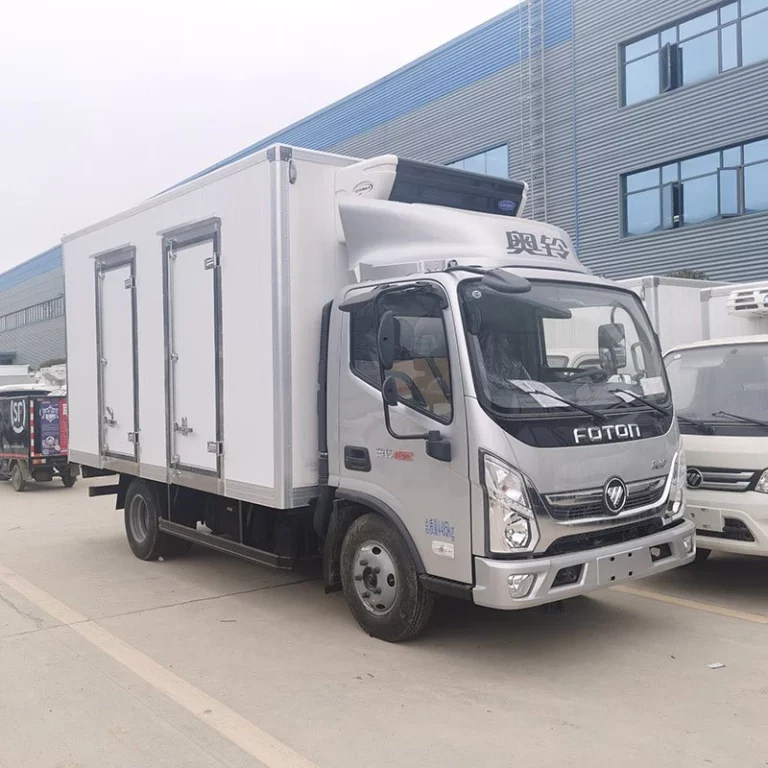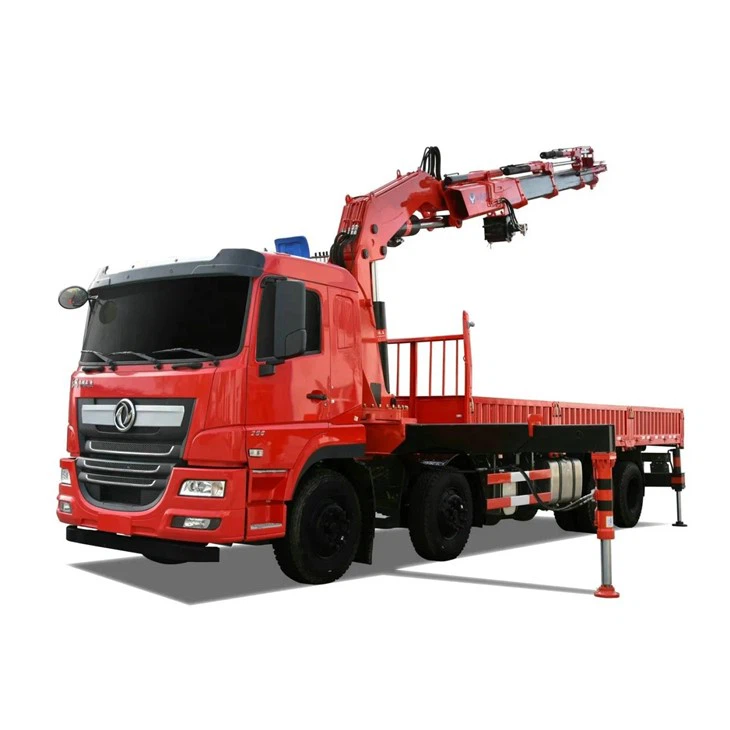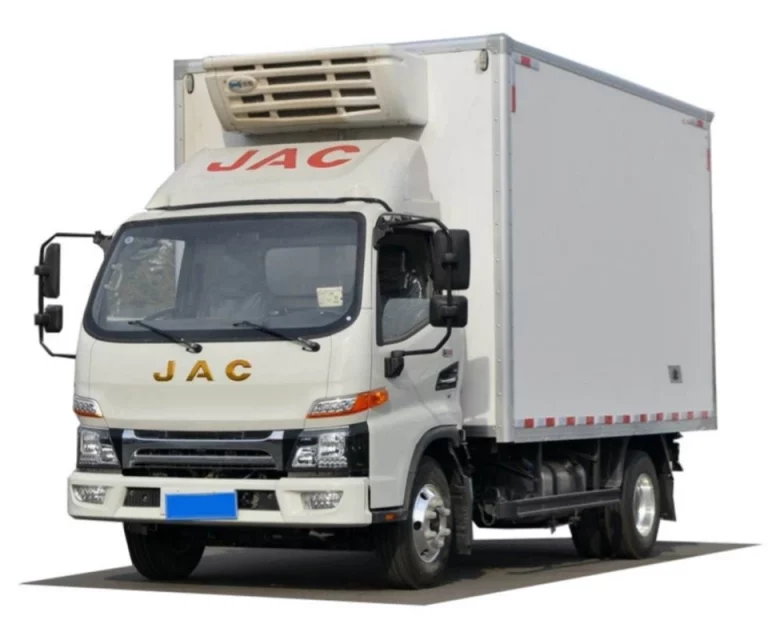Introduction
A 1 tonne truck, often referred to as a one-tonne vehicle, is a versatile and efficient option for transporting goods, equipment, and materials. Ideal for businesses and individuals alike, these trucks serve multiple purposes, ranging from small-scale deliveries to more significant logistical operations. Their practical size and load capacity make them favorable for urban environments and tight spaces. In this comprehensive article, we’ll delve into the various aspects of 1 tonne trucks, their types, specifications, and usage, as well as tips for choosing the right one for your needs.
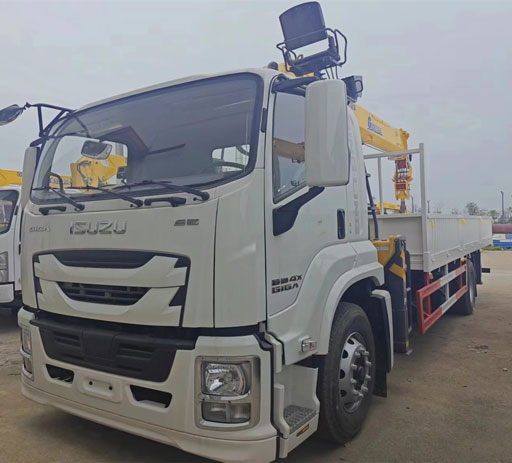
What is a 1 Tonne Truck?
A 1 tonne truck typically has a payload capacity of about 1000 kilograms, or roughly 2200 pounds. This classification includes various vehicle types such as pickup trucks, vans, and light-duty freight trucks. Understanding the load capacity is crucial for ensuring safety, legality, and efficiency during transportation.
Types of 1 Tonne Trucks
There are several variations of 1 tonne trucks, including:
- Pickup Trucks: Known for their open cargo areas, pickup trucks are popular among tradespeople and delivery services for their versatility.
- Box Trucks: These trucks feature an enclosed cargo area, providing protection from the elements, making them suitable for transporting delicate items.
- Vans: Cargo vans offer the enclosed space and security necessary for moving goods while still maintaining a moderate load capacity.
Common Models of 1 Tonne Trucks
| Brand | Model | Payload Capacity | Body Type |
|---|---|---|---|
| Ford | Ranger | 1,100 kg | Pickup |
| Isuzu | DMAX | 1,000 kg | Pickup |
| Mercedes-Benz | Sprinter | 1,500 kg | Van |
| Toyota | HiLux | 1,000 kg | Pickup |
| Nissan | Navara | 1,000 kg | Pickup |
The Advantages of 1 Tonne Trucks
Versatility
1 tonne trucks can serve various purposes, making them suitable for businesses in sectors like construction, landscaping, and logistics. They can carry tools, materials, and goods while maneuvering easily in urban areas.
Fuel Efficiency
Compared to larger trucks, 1 tonne vehicles often provide better fuel efficiency due to their lighter weight, making them cost-effective for everyday use.
Cost-Effectiveness
Smaller trucks generally cost less to maintain and insure than larger models, making them ideal for small businesses and startups.
Choosing the Right 1 Tonne Truck
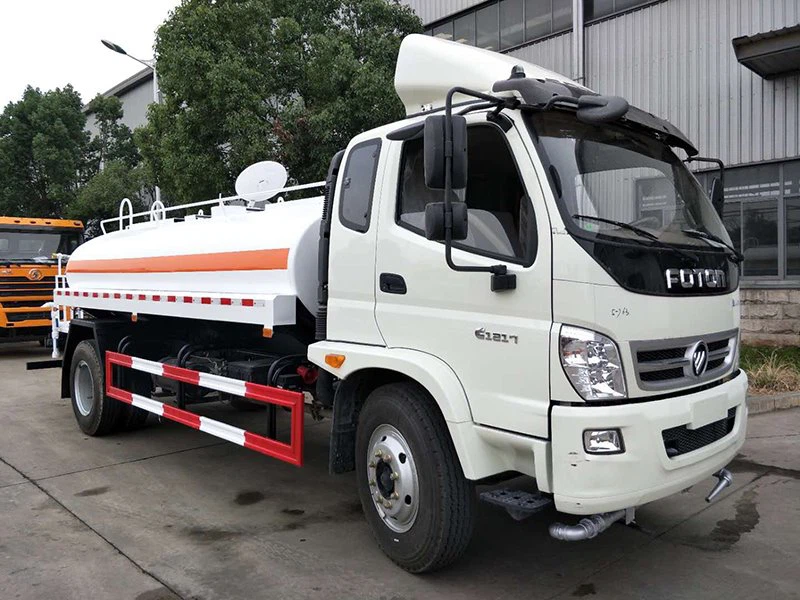
Assess Your Needs
When selecting a 1 tonne truck, consider the following factors:
- Load Capacity: Understand the weight and volume of the items you plan to transport.
- Space Requirements: Evaluate the size of your cargo and whether it requires an open or enclosed cargo area.
- Driving Conditions: Consider whether you will be transporting goods through urban streets or off-road environments.
Budget Considerations
Evaluate both your initial budget for purchasing a truck and the ongoing costs of fuel, insurance, and maintenance to ensure you choose a model that won’t put a strain on your finances.
Test Drive and Inspection
Before making a purchase, it’s beneficial to test drive the truck and conduct a thorough inspection to assess its performance, comfort, and handling.
Practical Tips for Operating a 1 Tonne Truck
Load Distribution
Properly distributing the weight of your cargo is essential for safe driving. Keep heavier items low and centered in the truck bed to maintain stability.
Regular Maintenance
Engaging in regular maintenance checks, including oil changes, tire rotations, and brake inspections, can extend the life of your truck and ensure optimal performance.
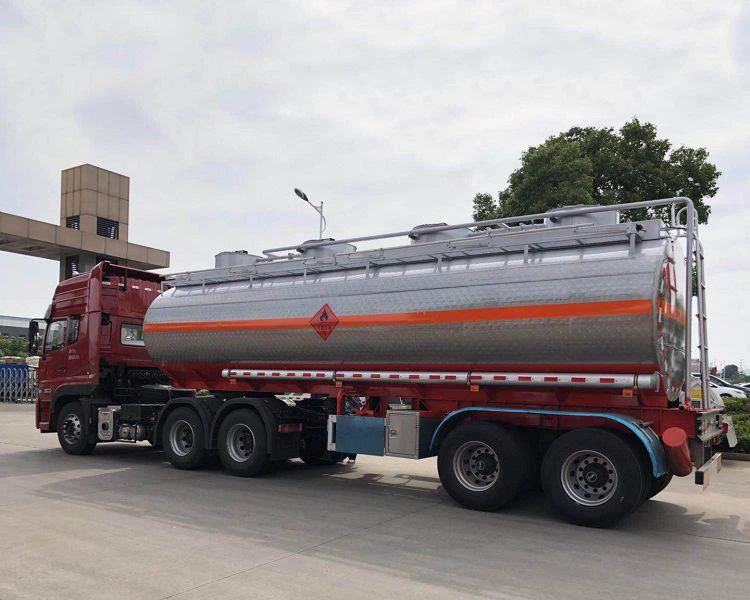
Follow Local Regulations
Make sure you are familiar with local regulations regarding weight limits and loading practices. Failing to adhere to these laws can result in fines.
Environmental Considerations
Reductions in Emissions
With advances in technology, many 1 tonne trucks now come with fuel-efficient engines that reduce overall emissions, contributing to less environmental impact.
Maintenance for Efficiency
Simple maintenance practices can also help reduce emissions. Ensure your truck is running efficiently with periodic checks and tune-ups.
Frequently Asked Questions (FAQ)
What can you carry in a 1 tonne truck?
You can transport a variety of items, from building materials and landscaping tools to furniture and appliances.
Do I need a special license to drive a 1 tonne truck?
In most regions, a standard driver’s license is sufficient to operate a 1 tonne truck, but it can vary by location, so check local regulations.
How much fuel does a 1 tonne truck consume?
Fuel consumption varies by model and driving conditions, but many 1 tonne trucks average between 8 to 12 liters per 100 kilometers.
Can I tow with a 1 tonne truck?
Yes, many 1 tonne trucks are designed for towing, but always check the vehicle specifications and local towing regulations.
What are the safety features available in 1 tonne trucks?
Modern 1 tonne trucks come equipped with features like anti-lock brakes, traction control, airbags, rear-view cameras, and parking sensors to enhance safety.
How often should I service my 1 tonne truck?
Regular service intervals are typically recommended every 6,000 to 10,000 kilometers. However, consult your vehicle’s manual for specific guidelines.
Conclusion
Whether for personal or business use, a 1 tonne truck can be an invaluable asset, offering a perfect blend of capacity, efficiency, and versatility. By considering your specific needs and conducting thorough research, you can make an informed choice that will enhance your logistics operations or everyday tasks.
